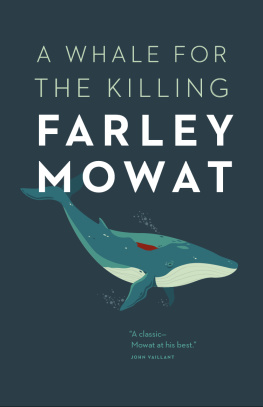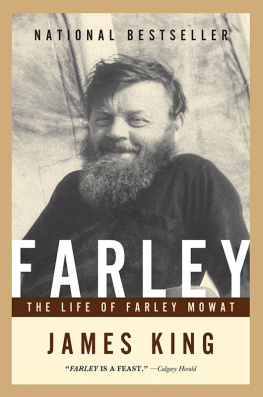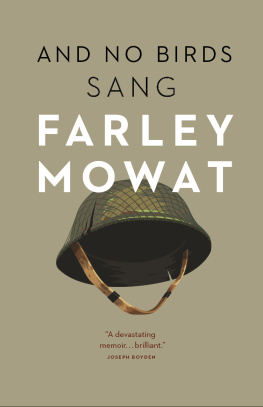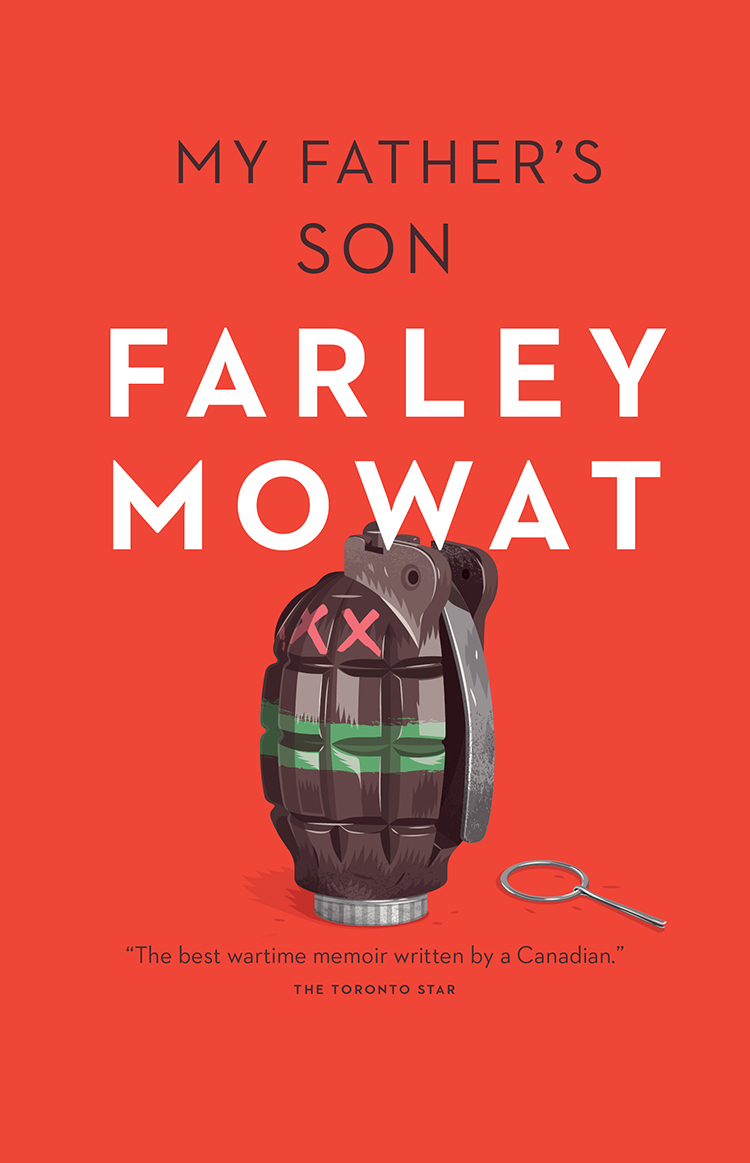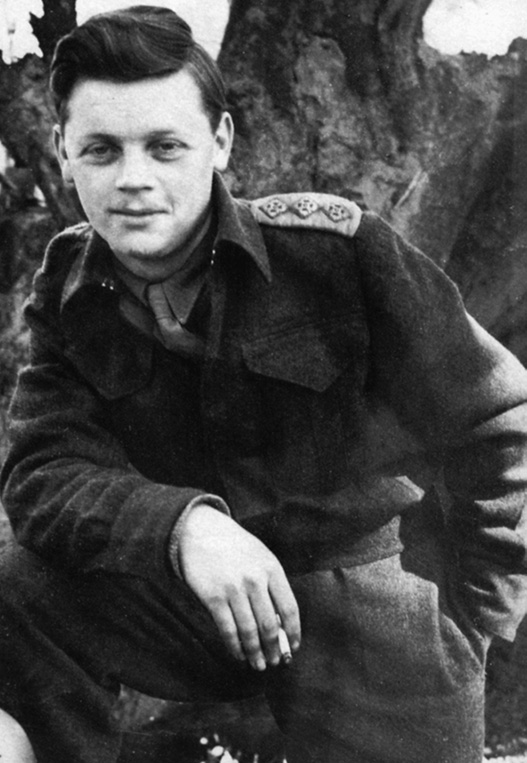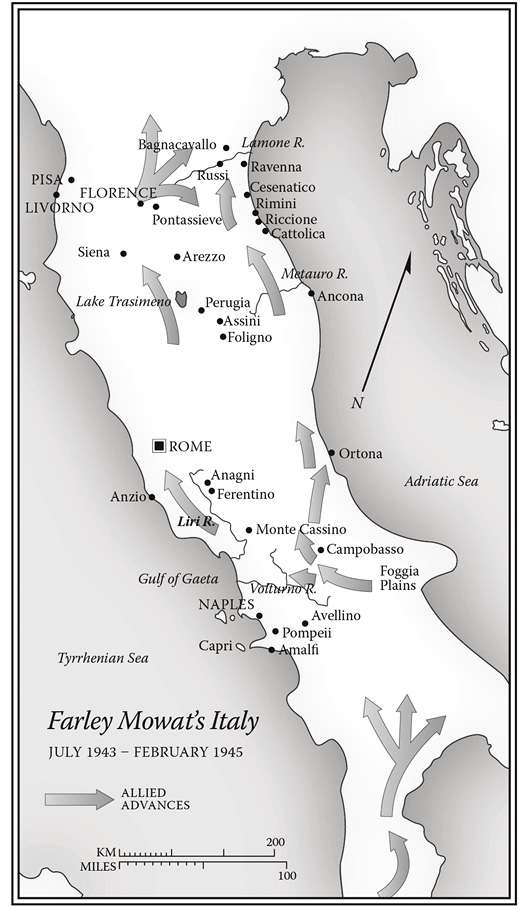Farley Mowat - My Fathers Son
Here you can read online Farley Mowat - My Fathers Son full text of the book (entire story) in english for free. Download pdf and epub, get meaning, cover and reviews about this ebook. year: 2015, publisher: Douglas and McIntyre (2013) Ltd., genre: Detective and thriller. Description of the work, (preface) as well as reviews are available. Best literature library LitArk.com created for fans of good reading and offers a wide selection of genres:
Romance novel
Science fiction
Adventure
Detective
Science
History
Home and family
Prose
Art
Politics
Computer
Non-fiction
Religion
Business
Children
Humor
Choose a favorite category and find really read worthwhile books. Enjoy immersion in the world of imagination, feel the emotions of the characters or learn something new for yourself, make an fascinating discovery.

- Book:My Fathers Son
- Author:
- Publisher:Douglas and McIntyre (2013) Ltd.
- Genre:
- Year:2015
- Rating:5 / 5
- Favourites:Add to favourites
- Your mark:
My Fathers Son: summary, description and annotation
We offer to read an annotation, description, summary or preface (depends on what the author of the book "My Fathers Son" wrote himself). If you haven't found the necessary information about the book — write in the comments, we will try to find it.
The follow-up to And No Birds Sang, Farley Mowats memoir My Fathers Son charts the course of a family relationship in the midst of extreme trial. Taking place during Mowats years in the Italian Campaign, the memoir is mostly told through original letters between Mowat and his mother, Helen, and his father, Angus, a World War I veteran and librarian. Written between 1943 and 1945, the correspondence depicts the coming of age of a young writer in the midst of war, and presents a sensitive and thoughtful reflection of the chaos and occasional comedy of wartime.
First published in 1992, Douglas & McIntyre is pleased to add My Fathers Son to the Farley Mowat Library series, which includes the other recently re-released titles Sea of Slaughter, People of the Deer, A Whale for the Killing, And No Birds Sang, Born Naked and The Snow Walker.
Farley Mowat: author's other books
Who wrote My Fathers Son? Find out the surname, the name of the author of the book and a list of all author's works by series.

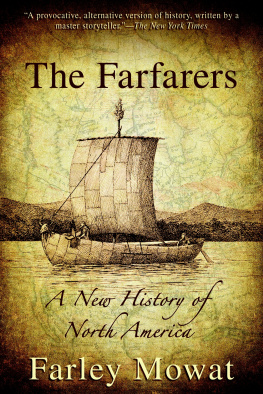
![Farley Mowat - People of the Deer [Paperback]](/uploads/posts/book/52958/thumbs/farley-mowat-people-of-the-deer-paperback.jpg)
